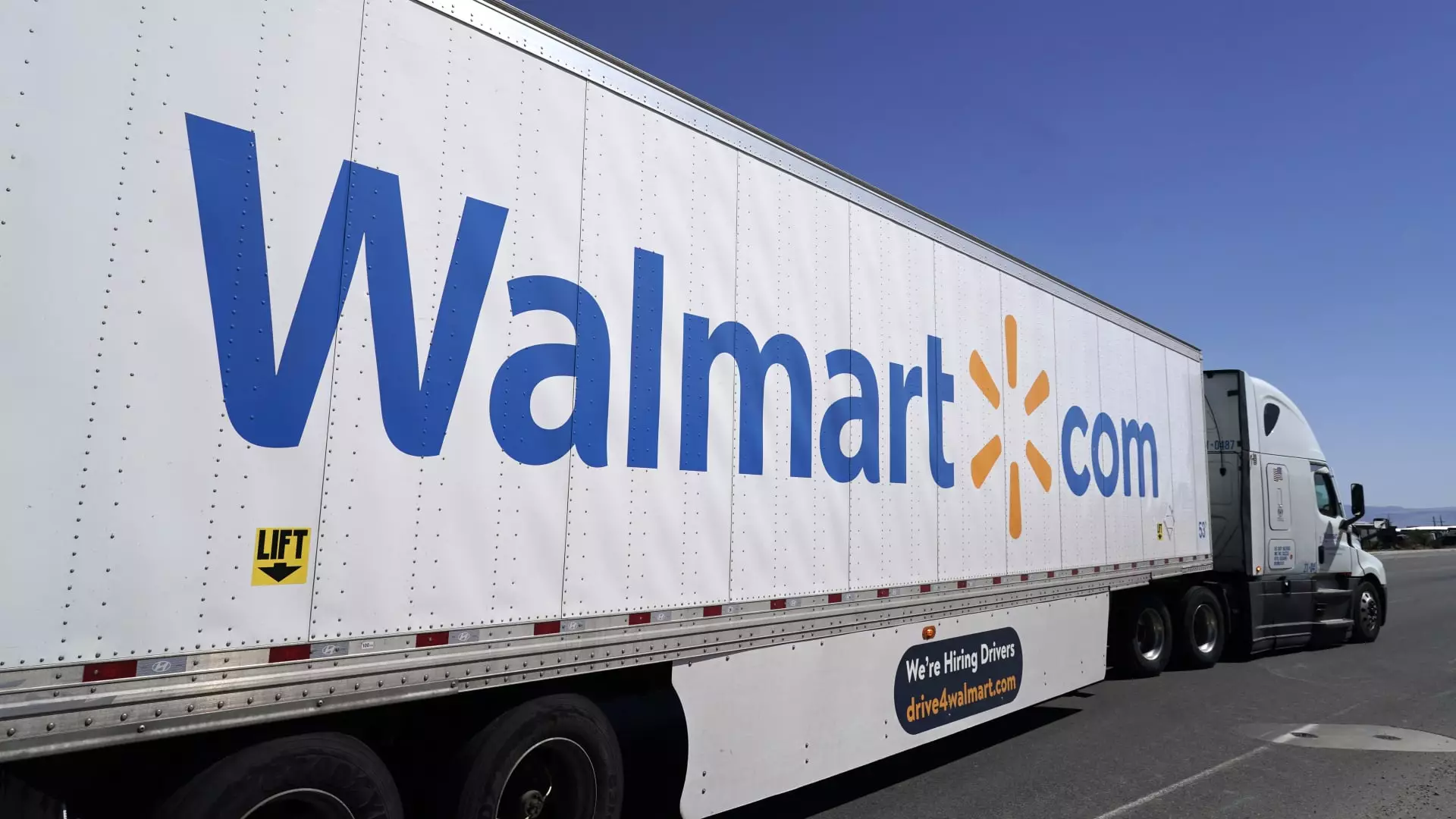The realm of gig economy work has become a significant focus for regulatory bodies, particularly regarding the treatment of workers and their financial logistics. Recently, the Consumer Financial Protection Bureau (CFPB) initiated a legal complaint against Walmart and its associated platform, Branch Messenger. This complaint centers on the claims that these entities coerced over a million delivery drivers to utilize poorly managed and financially burdensome deposit accounts for receiving their wages. Such allegations raise serious questions about the treatment of gig workers, the fairness of labor practices, and the ethical responsibilities of corporate entities.
Allegations Made by the CFPB
According to CFPB Director Rohit Chopra, the allegations suggest a grave disregard for the financial well-being of delivery drivers. Walmart and Branch purportedly opened Branch accounts for drivers within the Spark Driver Program without their consent, effectively mandating usage of these accounts. This supposed coercion went as far as threatening job security, as drivers reportedly faced termination if they expressed reluctance to adopt these accounts. Moreover, the complaint highlights problems such as excessive fees and delays that ultimately led to over $10 million in what the CFPB labels “junk fees.” This paints a worrying picture of a profit-driven mechanism that risks straining the potential earnings of workers already navigating the precarious landscape of gig employment.
In the wake of the allegations, both Walmart and Branch have pushed back strongly against the claims. Walmart’s spokesperson contended that the CFPB’s case is a rushed and inaccurate portrayal of facts, laden with errors and misconceptions. The statement also emphasizes that Walmart was not given ample opportunity to present its defense during the investigation. This type of counter-response raises questions about the integrity of the CFPB’s processes and the broader implications of the regulation of gig economy platforms. How the public perceives these claims and counterclaims may influence the ongoing dialogue about the rights and protections due to gig workers.
Branch’s Position in the Legal Proceedings
Branch Messenger has also refuted the allegations presented by the CFPB, labeling the lawsuit as an overreach that misrepresents both facts and applicable laws. This reaction highlights a common narrative among tech-based service providers currently facing scrutiny: the defense against regulation often frames the issues as misinterpretations rather than genuine mismanagement. As more gig economy platforms rise, there exists an increasing urgency to address the accountability of these companies and their practices. The outcome of this lawsuit could set a significant precedent for how gig employers handle payment systems and the financial treatment of their workers moving forward.
Context of Regulatory Actions by the CFPB
The complaint against Walmart and Branch is part of the CFPB’s broader string of legal actions directed at companies for alleged financial misconduct affecting both consumers and workers. Noteworthy recent cases include lawsuits against Comerica Bank for mishandling a federal benefits program and litigation against major banks regarding their failure to address fraud complaints adequately. This trend reveals an evolution in the regulatory landscape, as governmental bodies grapple with the complexities arising from the digitization of money and employment.
As the gig economy continues to swell, regulatory scrutiny will likely intensify. The CFPB’s complaint is emblematic of the challenges and ethical dilemmas that arise when technology intersects with labor. If the allegations against Walmart and Branch are proven true, they illustrate urgent concerns regarding corporate responsibility in creating fair financial environments for gig workers. The discussions surrounding these legal battles will undoubtedly fuel a larger conversation about the need for standards and protections that safeguard the rights and livelihoods of gig economy workers, ensuring their contributions are recognized and compensated justly.
The case against Walmart and Branch Messenger represents only one piece in the larger puzzle of gig economy regulation and worker protection. The ultimate outcomes of these allegations could signal a turning point for how entities within this space operate and adhere to ethical financial practices. In a world where the gig economy plays an increasingly pivotal role, ensuring the dignity and rights of its workforce is paramount. Industries must ensure their models do not manipulate or marginalize workers but instead empower them within the rapidly shifting economic landscape.

